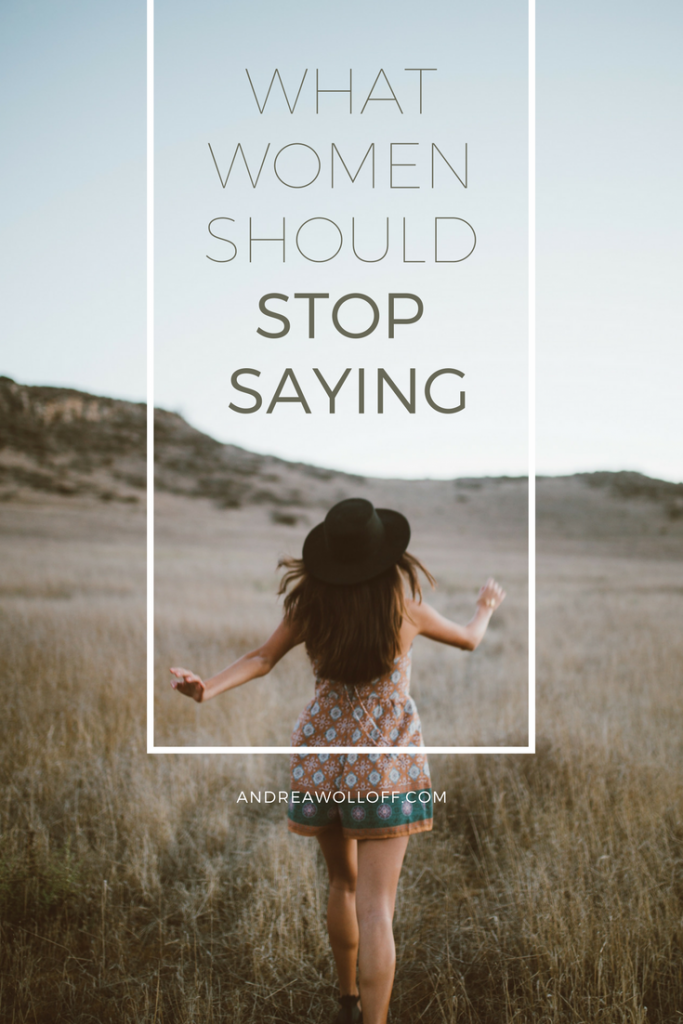 I remember when we were car shopping for our Tuscan. Once I started paying attention on my daily commute, Hyundais were everywhere! I begin to notice how many of them were on the road. I paid attention to what models and colors they came in and who was driving them. And before I started looking, I had no idea. They were always driving next to me, but I just didn’t notice.
I remember when we were car shopping for our Tuscan. Once I started paying attention on my daily commute, Hyundais were everywhere! I begin to notice how many of them were on the road. I paid attention to what models and colors they came in and who was driving them. And before I started looking, I had no idea. They were always driving next to me, but I just didn’t notice.
My hope is after reading this you’ll notice something that was always “driving next to you.” You’ll become a listener of the words used around you and in the entertainment you watch. But just like car shopping, before you start noticing, you had no idea.
Words shape the world around us. There are conversations going around in our culture that matter. As women, we exercise equality in many ways. But when our language is looked at, it’s not always echoing that.
As a lover of words, some of my favorite verses in the Bible focus on the power of our words. There are dozens of verses I can quote here, but two of my favorites come from James and Proverbs. In Proverbs, Solomon writes: “The tongue has the power of life and death, and those who love it will eat its fruit.”
There’s power in our words for life and death, for compliments and critique, for justice and judging. In the everyday choices, what will we choose? Is the empowerment of our young women worth a few verbal sacrifices? I think so. Words matter, and they are worth looking at how they are shaping the world around us.
#1) Stop Saying I’m Sorry
I need to squeeze by you at a sports game, “I’m sorry.” We are trying to walk through the same door, “I’m sorry.” I want to ask a question at a meeting, “I’m sorry, can I ask a question?” I’m sorry is the chant that often comes involuntarily tumbling out of my mouth. And I’m not the only one. These are personal examples of a communal issue. We have a cultural habit. I love how Katelyn Beaty, editor-at-large of Christianity Today, puts it: “I don’t want to feel like a burden … seems like a mantra femininity.”
Of course don’t actually stop apologizing. But when “I’m sorry” becomes too common for women, blame is subconsciously placed on ourselves and the meaning of the apology is devalued. I’d like to challenge you to use the correct words. Sometimes it will be “I’m sorry,” sometimes “I apologize” will be more fitting, sometimes it will be “excuse me.”
(Check out this powerful commercial by Pantene. I love how they show scenarios and then replay what they could have said.)
#2) Stop Saying Girl
Remember the song “Just a Girl” by the band No Doubt? Hidden in a catchy ‘90s song, Gwen Stefani wrote simple lyrics about her frustration with female stereotypes. The song touches on sexual attraction, gender role stereotypes, and fear that comes with being female. The title itself highlights something called “infantilizing.”
With women, infantilizing is more common than we’d like to admit. It’s treating someone like a child. In this case, it’s putting girlish behavior on women. The use of the word girl in our culture is a small symptom of infantilizing women. Listen to the nouns girl/woman and boy/man around you. Here and there, the words we use might not seem like a big deal. But words matter and shape the lives around us. Let’s take time to choose them.
(For a satirical and provocative example of how women put on infantilizing, watch a clip of the sitcom Community where Annie sings “Santa Baby.”)
#3) Stop Saying I’m Not Political
By saying we aren’t political, we distance ourselves from issues that matter to us. Instead of feeling unqualified to have conversations about politics, approach them with curiosity. Ask the beginner questions. Be brave and vulnerable. Instead of saying “I’m not really into politics,” let’s engage in a conversation and ask questions.
No longer should not understanding be a roadblock to political involvement. There’s something you care about that intersects with our nation’s political system. Human trafficking, the refugee crisis, public education, systemic racism, paid leave, and the list goes on. Don’t let your unanswered questions halt your passions.
Women continue to be underrepresented in government around the world. The United States ranks 78 (out of 189 countries) with no more than 20 percent women in the Senate and House. You might not be headed into a career in government, but that young woman who looks up to you could be.
Another Bible verse I cherish about words is in James: “Likewise, the tongue is a small part of the body, but it makes great boasts. Can both fresh water and salt water flow from the same spring?”
The answer is obvious – no. Fresh and salt water can’t flow from the same spring. When salt water is added to the mix, the water is no longer fresh. When we compare this to our words, actions, and beliefs all of them should be fresh. If we believe in the equality of all people and the value of human life (not only the lives that closely look like yours) then our actions, beliefs, and words need to all be fresh water. It’s a high standard, yes. But a worthy goal.
Words matter, and they are worth considering how they are shaping the world around us. Our words reveal so much about the temperature of our culture. Together, they make our collective story. How are you going to write it?

Andrea I came across again some of the articles you wrote, and I really enjoy them! Are you still writing? If the answer is “no”, or at least not in this capacity, of course that is your right and prerogative to choose not to or be in a different season. I am myself in my own interests and talents, but I did want to ask, in case I’m missing out on your new material. And to simply tell you how talented of a writer you are, and the topics you write on fall into interests of my own. So, thank you!